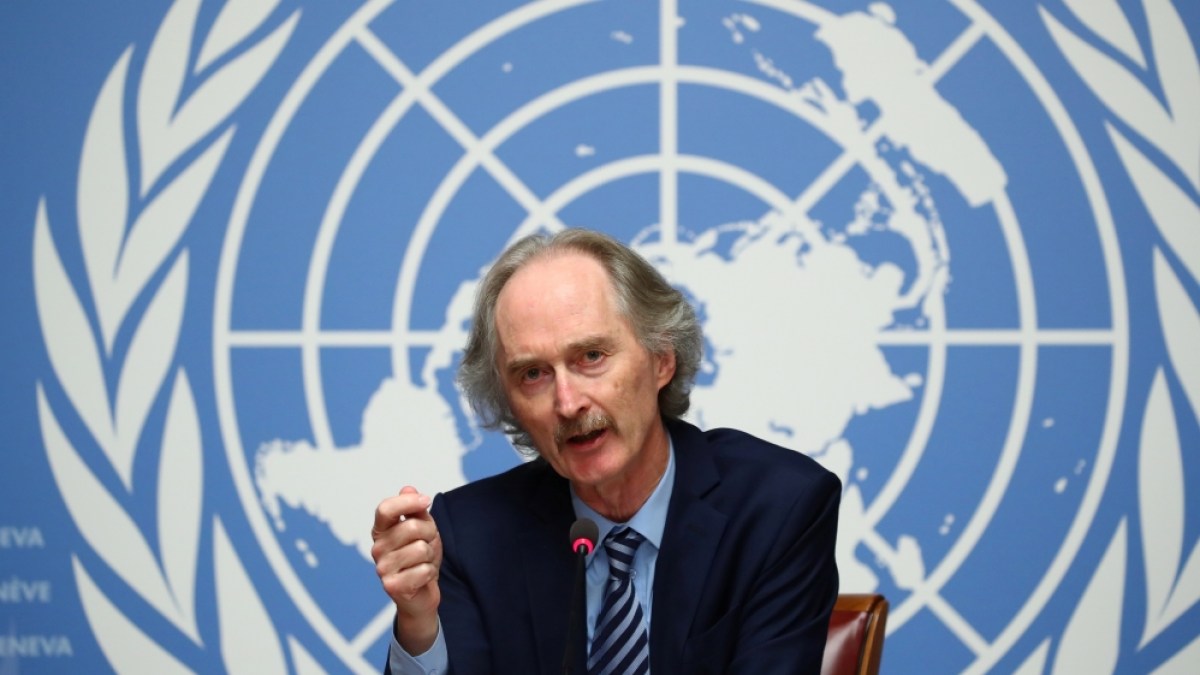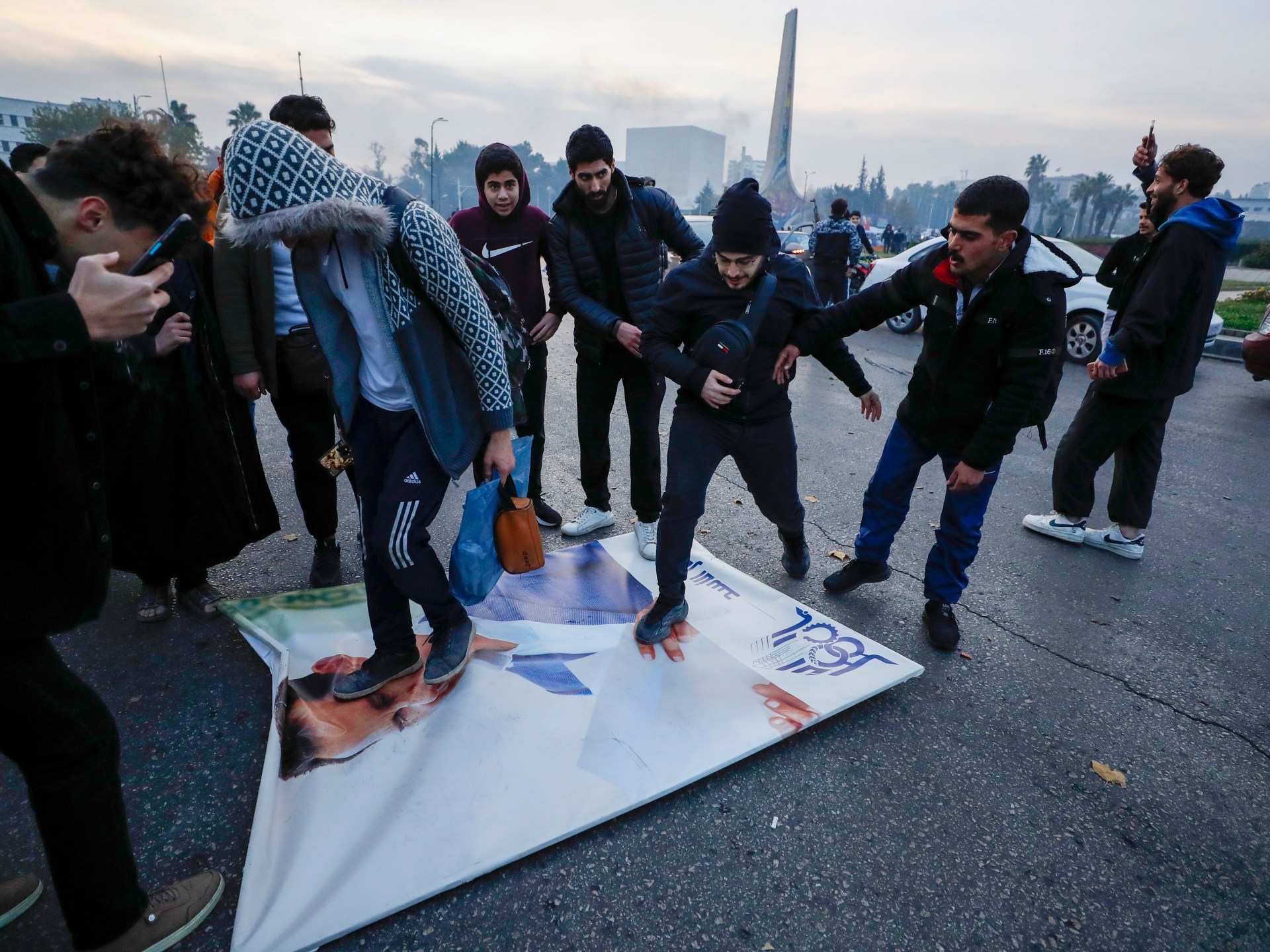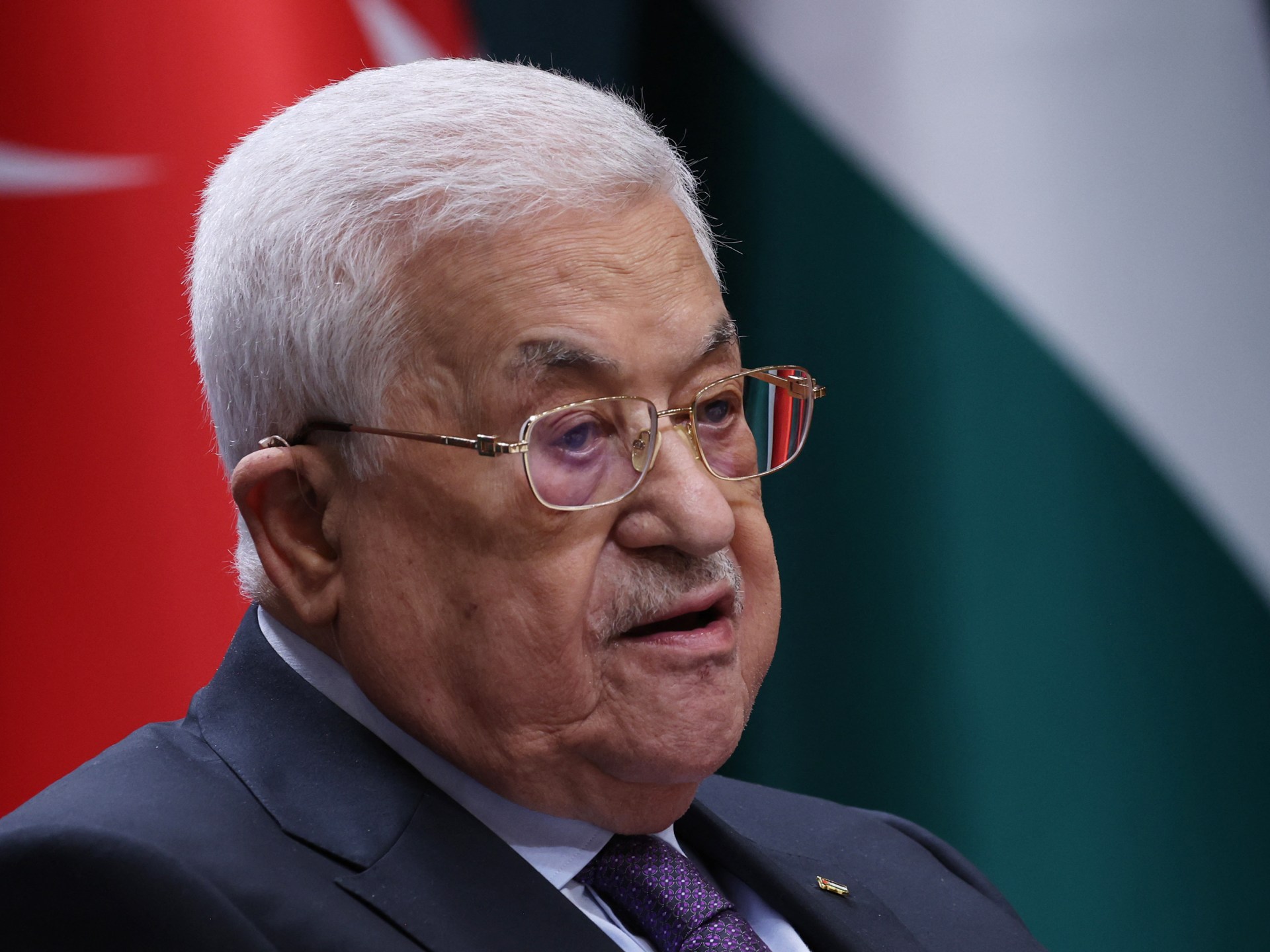UN envoy warns Syria’s war ‘has not ended yet’ as US says truce extended
 18 December 2024
18 December 2024


The United Nations special envoy for Syria has warned that the war “has not ended yet” despite the removal of President Bashar al-Assad by opposition fighters, highlighting clashes between Turkish-backed armed groups and Kurdish fighters in the north of the country.
“There have been significant hostilities in the last two weeks, before a ceasefire was brokered,” Geir Pedersen told the UN Security Council in New York on Tuesday, warning that a military escalation could be “catastrophic”.
The remarks come after the Syrian National Army (SNA), a group of fighters backed by Turkiye, has battled with the Kurdish-led Syrian Democratic Forces (SDF) in the wake of al-Assad’s removal.
The SDF is the main ally in a United States-led coalition against ISIS (ISIL). It is spearheaded by the People’s Protection Units (YPG), which Ankara sees as an extension of the Kurdistan Workers’ Party (PKK) armed group that it outlaws and that has fought the Turkish state for 40 years.
Last week, SNA fighters seized the northern city of Manbij from the SDF, which then headed east of the Euphrates river as a US-mediated ceasefire came into effect.
Advertisement
Meanwhile, the members of the UNSC in a statement called for the implementation of “an inclusive and Syrian-led and Syrian-owned political process” that they said should meet the legitimate aspirations of all Syrians, protect all of them and “enable them to peacefully, independently and democratically determine their own futures”.
They emphasised battling “terrorism” across the country, stressed that Syria must abide by council resolutions on non-conventional weapons, and reiterated support for UN peacekeepers and the inviolability of diplomatic premises.
Separately, a US State Department spokesman said the ceasefire in northern Syria had been extended until the end of this week.
“We continue to engage with the SDF, with Turkey about a path forward,” State Department spokesperson Matthew Miller said, adding it was not in the interest of any party to see increased conflict in Syria.
Later on Tuesday, SDF commander Mazloum Abdi said in a post on X that the group was ready to present a proposal for a “demilitarised zone” in the northern city of Kobane, with the redeployment of security forces under US supervision.
He said the proposal aims to address Turkiye’s security concerns and ensure permanent stability in the area.
There was no immediate comment from Turkiye, the SNA or the US.
Netanyahu visits Golan
Pedersen also called on the UNSC to ensure that Israel “cease all settlement activity in the occupied Syrian Golan”.
Pedersen noted Israel has conducted more than 350 strikes on Syria following the departure of the former regime, including a major strike on Tartous.
Advertisement
“Such attacks place a battered civilian population at further risk and undermine the prospects of an orderly political transition,” he said.
The UN envoy warned against plans announced by Israel’s cabinet to expand settlements inside the Golan, occupied by Israel since 1967 and annexed in 1981.
On Tuesday, Israeli Prime Minister Benjamin Netanyahu held a security briefing inside the UN-patrolled buffer zone in the Golan Heights that Israel seized earlier this month.
“Israel must cease all settlement activities in the occupied Syrian Golan, which are illegal. Attacks on Syria’s sovereignty and territorial integrity must stop,” said Pedersen.
Rob Geist Pinfold, a professor of peace and security at Durham University, told Al Jazeera that “Israel is looking to launch as many strikes [as possible] while it still has the freedom to do so”.
He suggested that “Israel is adding to the instability [due to their] fear of power vacuums and ungoverned spaces on their borders”.
Geist Pinfold also said that the “international community’s response has certainly been lacklustre so far”.
Sanctions
Pederson also called for “broad support” to end the Western-backed sanctions imposed on Syria in order to allow for reconstruction in the war-ravaged country.
“Concrete movement on an inclusive political transition will be key in ensuring Syria receives the economic support it needs,” Pedersen said.
“The needs are immense and could only be addressed with broad support, including a smooth end to sanctions, appropriate action on designations, too, and full reconstruction.”
Advertisement
Western countries are wrestling with their approach to Hayat Tahrir al-Sham (HTS), which spearheaded the takeover of Damascus and is a former al-Qaeda affiliate.
Despite moderating its rhetoric in recent months, HTS has been designated as a “terrorist” group by many Western governments.
Related News

Media freedom watchdog decries Israel’s killing of journalists in Gaza

SYRIA’S AL-ASSAD OVERTHROWN

Yemen facing ‘highest burden’ of global cholera outbreak, WHO warns
